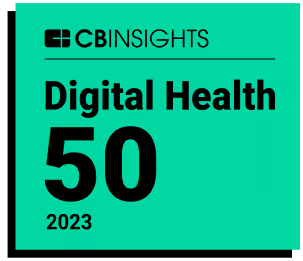How can software and AI help me boost my HEDIS performance?
Software can help health plans and other healthcare organizations improve their HEDIS scores – especially when that software has advanced artificial intelligence (AI) capabilities. In addition to saving time for clinicians, AI can help them raise the quality of the care they deliver – resulting in better patient outcomes and improved HEDIS performance.
AI-powered software can help identify care gaps by processing large volumes of data from electronic health records (EHRs), claims, and other sources. It can also examine unstructured data to close apparent care gaps in cases in which the required care has been provided but was not properly documented, as well as cases in which there is a specific reason that a given patient should be excluded from a certain intervention or type of care.
Through its use of automation, advanced software can increase the efficiency of these processes while helping to prevent errors and ensure adherence to specific guidelines. In addition, health plans and other healthcare organizations can use robust analytics to evaluate HEDIS performance among their primary care providers and identify areas for improvement.
At the same time, collaborative tools within software platforms can help clinicians streamline and improve their communication. This way, they can work more smoothly as a team to deliver patient-centered care, helping them improve both patient outcomes and HEDIS scores.



.png)













